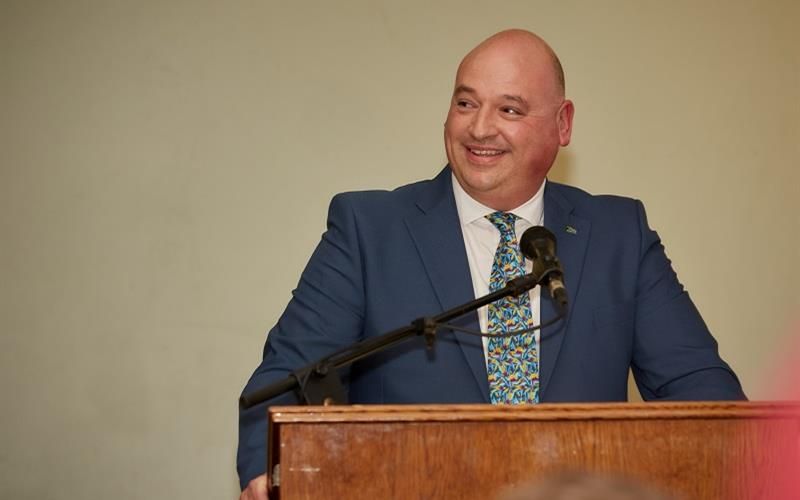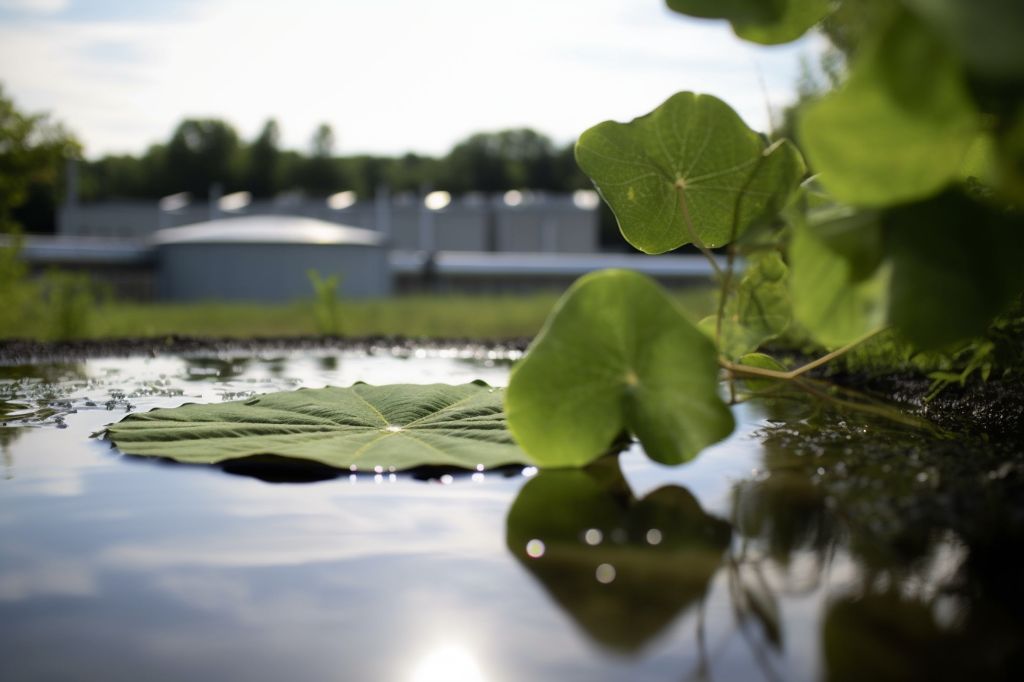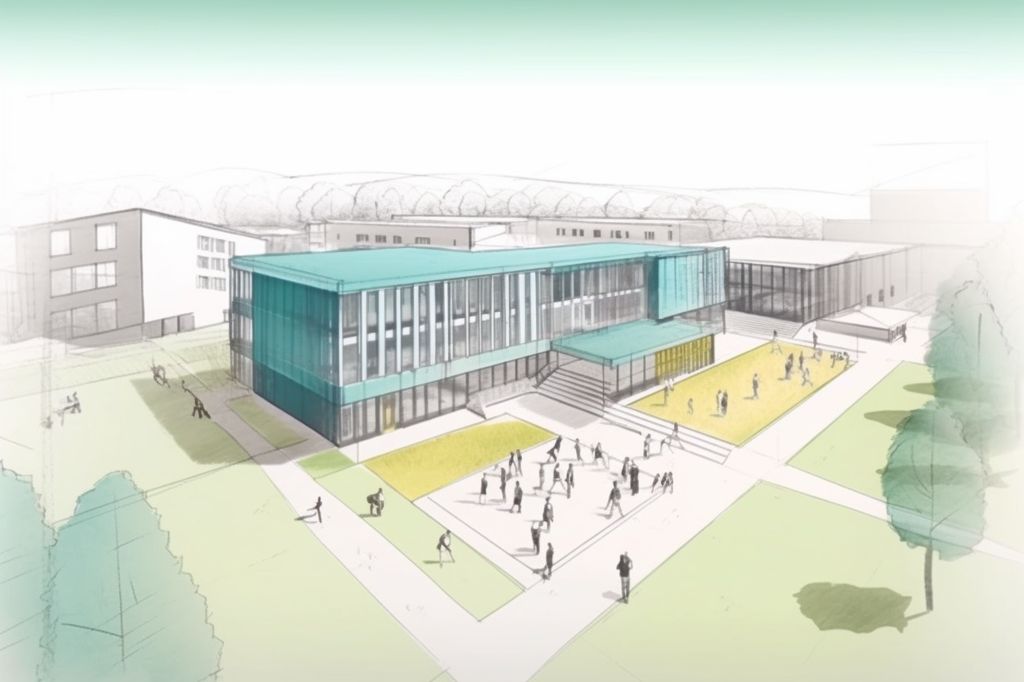Cape Town’s marine manufacturing industry is currently experiencing unprecedented growth, thanks to its local talents and strong international partnerships. At the recent Boating South Africa Awards, key players in the industry were celebrated for their achievements in the past year, including new talent and work in sustainability.
Unprecedented Growth
According to Alderman James Vos, the City’s Mayoral Committee Member for Economic Growth, “Cape-made boats are in incredible demand, with local manufacturers processing orders for every work day of 2023.” Additionally, these manufacturers have secured contracts with major international organizations such as the New Zealand Navy, the United Nations, and SpaceX.
Newcomers to the Industry
During the awards ceremony, Lorato Motshabi received the Rising Talent: Women Recognition prize, and Paul and Mary-Clare Tomes were acknowledged for their work in sustainability. The Superyacht Training Academy saw its student intake skyrocket from 67 in 2021 to 140 this year, signifying growing interest and awareness of opportunities within the marine manufacturing sector.
A Growing Industry
Cape Town’s coastline contributes around R40 billion to GDP per annum, with marine manufacturing accounting for 70% of South Africa’s products in 2020, predominantly from the Western Cape. Alderman Vos explained that whether one’s interest lies in engineering, architecture, or design, “Cape Town’s boat-building industry has a place for you.”
Supporting the Industry
To further support this burgeoning industry, the City has partnered with and funded BlueCape, a specialized entity focusing on research and skills development in boat-building, superyachts, and ocean sports. BlueCape also investigates how these sectors connect to related industries, thereby fostering innovation and growth.
A Thriving Sector with a Bright Future
Cape Town’s marine manufacturing industry has undoubtedly proven its resilience and adaptability. With fresh talent entering the field and organizations like BlueCape driving innovation and growth, the future looks bright for this thriving sector. As Alderman Vos aptly noted, there are “oceans of opportunity” awaiting those who dare to dive in and explore the vast potential of Cape Town’s marine manufacturing world.








